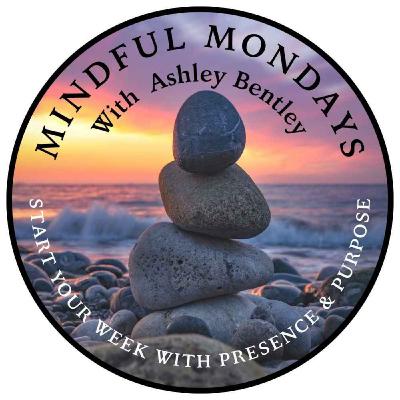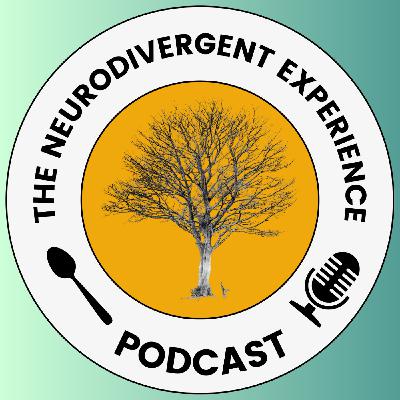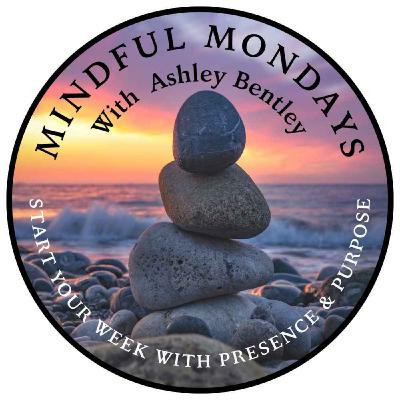
The Neurodivergent Experience
Author: Jordan James and Simon Scott
Subscribed: 75Played: 3,373Description
Being Neurodivergent is often shrouded in misconceptions, stereotypes, and limited knowledge. While our experiences may overlap, no two stories are the same. Hosted by The Autistic Photographer, Jordan James, and Simon Scott - The Neurodivergent Experience is the weekly podcast dedicated to exploring the vast world of Autism, ADHD and more!
Through this podcast, we aim to challenge those misconceptions and dive deep into the diverse experiences of those in the spectrum by sharing our personal stories, and exploring topics like early interventions, sensory processing, education, employment, and much more. Each episode will feature insightful conversations about living in the spectrum, with guest experts, advocates, and allies who are passionate about creating an inclusive and accepting world.
Whether you're Neurodivergent yourself, a friend, a family member, or simply curious about this extraordinary way of experiencing the world, this podcast is your guide to unravelling The Neurodivergent Experience.
Because Neurodivergent Voices Deserve to Be Heard—Support Us Today - https://theneurodivergentexperience.supercast.com/
Socials:
Instagram: @theneurodivergentexperiencepod
Facebook: The Neurodivergent Experience
YouTube: @TheNeurodivergentExperience
Hosted on Acast. See acast.com/privacy for more information.















what a brilliant addition to the pod. thank you x